Medication management can be one of the most critical aspects of providing care for seniors in assisted living facilities. Ensuring that medications are taken regularly and as prescribed is a fundamental component of promoting good health for elderly residents.
At the same time, it can also be one of the most complex tasks facing staff at senior assisted living facilities. Ensuring that each resident receives the correct medication at the right time, in the correct dosage, and from the appropriate source can be a significant challenge.
To address these challenges, many assisted living facilities have developed comprehensive medication management programs that are designed to ensure the safe and effective use of medications among their residents. These programs typically involve education for staff and residents about proper medication use; protocols for tracking, storage, and disposal; as well as an ongoing system of monitoring and evaluation.
On a daily basis, the goal of medication management programs is to help ensure that residents take their medications correctly and at the right times. This includes helping them understand the purpose and potential risks associated with each medication, ensuring they are taking medication appropriately during meals, providing reminders about missed doses, and helping them manage any adverse effects. In addition, these programs also monitor the use of medications to identify potential problems, such as over- or under-medication, interactions between drugs, and drug misuse or abuse.

Finally, medication management programs in assisted living facilities should be regularly evaluated and updated to ensure that they are meeting the needs of their residents. By regularly assessing, monitoring, and refining their medication management practices, assisted living facilities can help ensure the safety and well-being of their elderly residents.
Medication Administration Protocols and Systems
Facility-Wide Standardization
- The first step in establishing an effective medication management system is to ensure that all staff members understand and adhere to the same standards. This includes developing standard policies and procedures for administering medications and consistently training all staff members on them. It also involves setting up a system of checks and balances, such as having two nurses review each medication order before it is filled. Finally, it means ensuring that only authorized personnel are allowed to administer medications.

Electronic Documentation
- Today’s technology makes it easier than ever for assisted living facilities to track and document medication use. By implementing an electronic system of documentation, staff can be sure that each resident’s medications are accurately recorded and tracked in real-time. This can help to reduce errors and ensure that medications are taken as prescribed.
Monitoring, Evaluating, and Adjusting
- Finally, it is important for staff to monitor the effectiveness of their medication management systems. This includes evaluating how well they are doing in terms of ensuring that residents take their medications correctly and on time; tracking any adverse effects or other issues that arise; and evaluating the effectiveness of their training programs. Additionally, staff should also be willing to adjust their systems as needed in order to accommodate changes in the needs of residents.
By following these guidelines, assisted living facilities can ensure that their medication management systems meet their residents’ needs and help to promote overall health and well-being. By providing a safe and effective system for managing medications, assisted living facilities can help their residents lead fuller and healthier lives.


